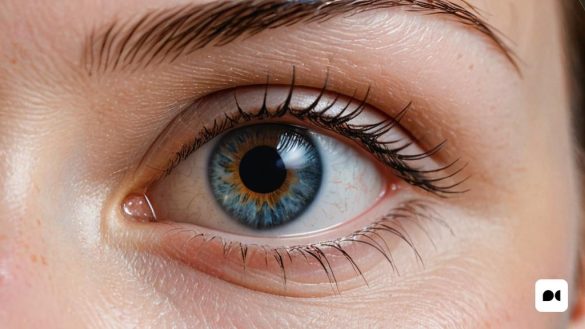Sleep and its Phases
Sleep is a fundamental state for human health and well-being, composed of various phases, each with specific characteristics. One of the most intriguing and crucial phases is the Rapid Eye Movement (REM) phase. Discovered in the 1950s, this phase has been the subject of numerous studies due to its vital role in memory consolidation, emotional processing, and physical and mental restoration.
Distinctive Characteristics of the REM Phase
REM sleep is characterized by rapid eye movements, wake-like brain activity, and almost complete muscle atony, meaning that the body’s muscles are temporarily paralyzed. This paralysis is a protective function that prevents us from physically acting out the vivid dreams that occur during this phase. In addition, it is characterized by an increase in heart and respiratory rate, as well as fluctuations in blood pressure.
During a night of sleep, the REM cycle occurs approximately every 90 minutes and lengthens with each repetition. In total, an adult spends about 20-25% of their sleep time in this phase. It is at this stage that the most vivid and emotionally intense dreams occur, underscoring their importance in emotional processing and mental health.
Key Functions of the REM Phase
REM sleep plays a crucial role in memory consolidation, emotional processing, creativity, and problem solving. Studies have shown that REM deprivation can negatively affect the ability to learn and retain new information, as well as contribute to mood disorders such as depression and anxiety.
Impact of REM Deprivation
REM sleep deprivation can have significant consequences, including irritability, difficulty concentrating, memory deficits, and emotional problems. Additionally, chronic REM deprivation can have long-term effects on mental and physical health, such as an increased risk of cardiovascular disease.
Conclusion
REM sleep is an essential component of the sleep cycle, crucial for cognitive, emotional and physical health. Through memory consolidation, emotional processing, and creativity facilitation, REM sleep allows the brain and body to rejuvenate and adapt to the demands of the environment. It is essential to recognize and address the factors that can interfere with this phase of sleep, thus ensuring comprehensive well-being and a healthier life.

